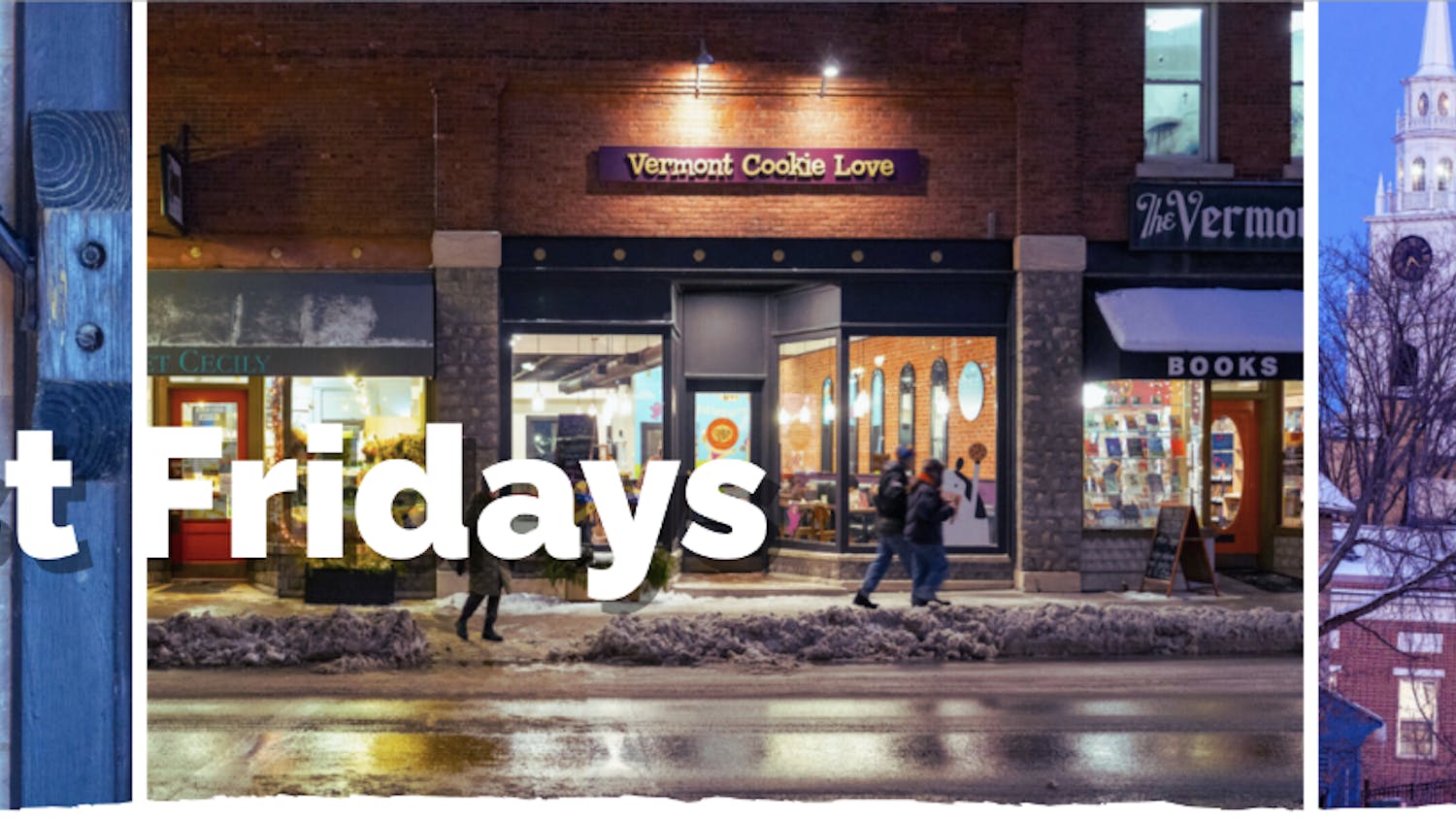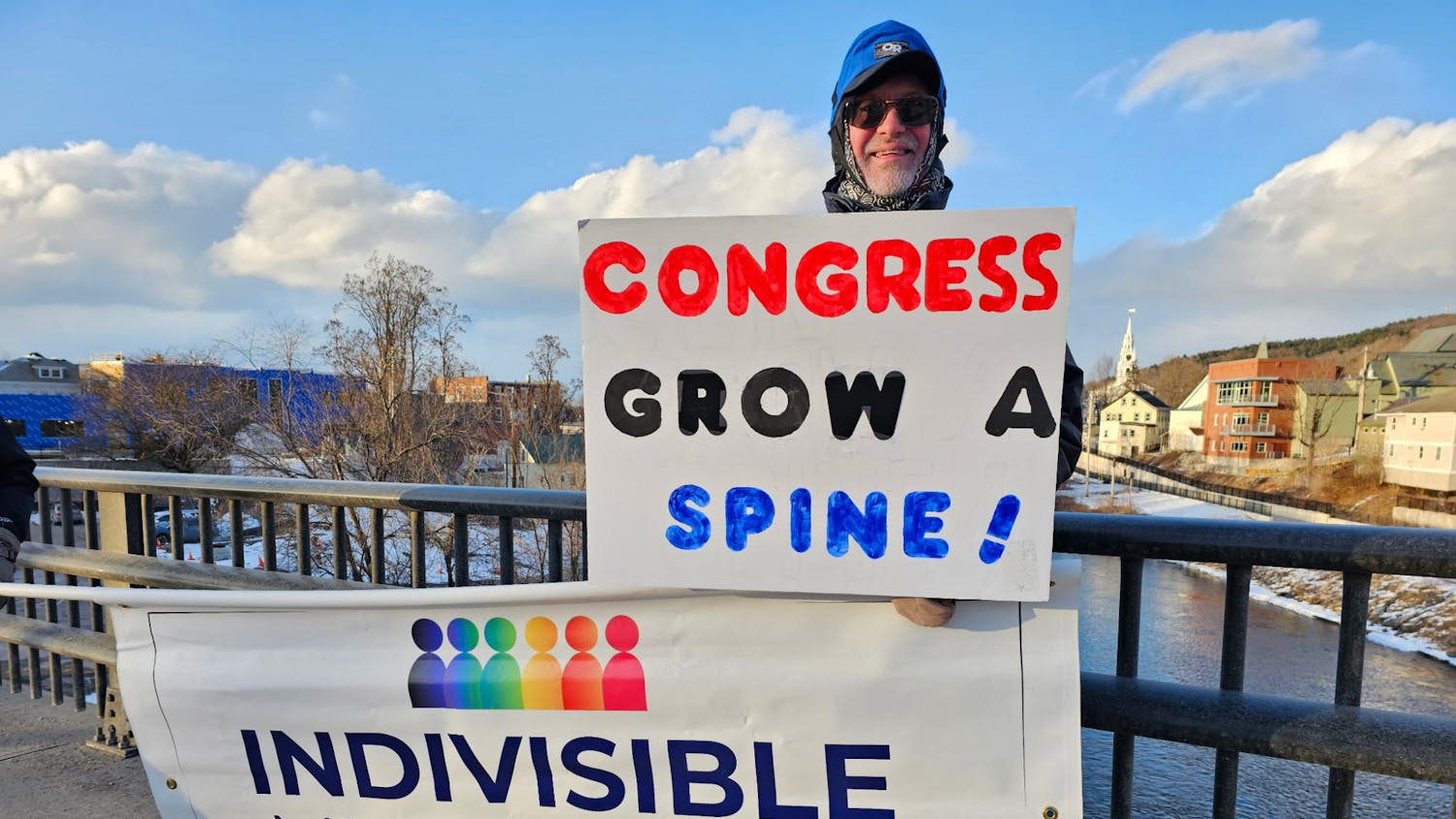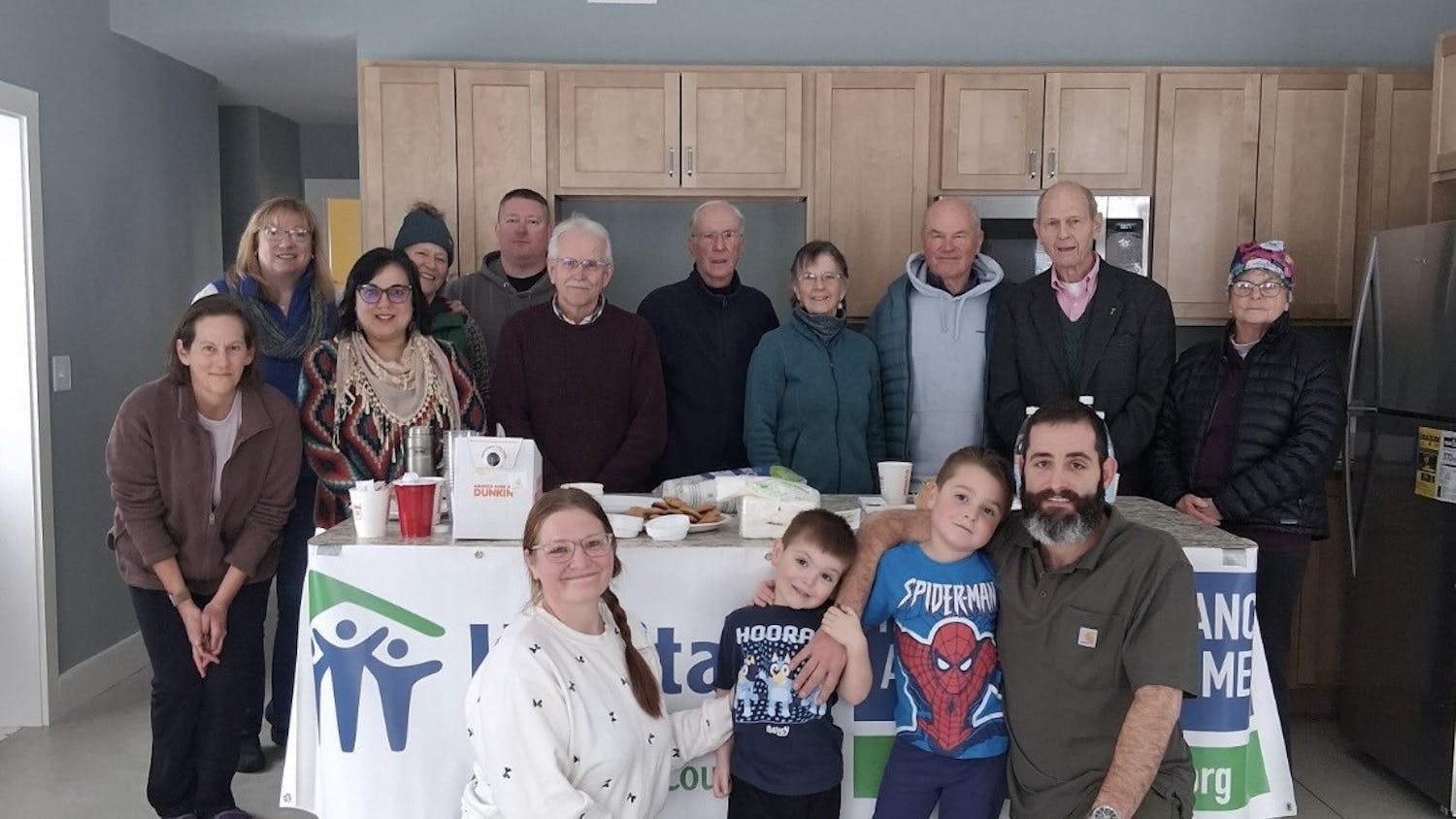Democrat Peter Shumlin won the Vermont governors’ race on Tuesday Nov. 2. At Election Night at the Grille, political science professors Betram Johnson and Matt Dickinson led an entertaining and informative commentary on the election returns, switching conversation between the various national races and the local gubernatorial contest. Small cheers would erupt from different places in the room, marking those interested in their home state races in Illinois or New Jersey. An update on Dubie and Shumlin’s vote counts roused a general shout from around the room (mostly when Shumlin was up – the Republicans were concentrated at one table).
The election also signaled Governor Jim Douglas’s imminent departure from office. The Midd alum ‘72 will be returning to the college as the new Executive-in-Residence
Douglas’s path from Middlebury is a perfect example of how unique Vermont politics are, and highlight the opportunities the college’s students have to get politically involved. The fall after graduating from Middlebury, Douglas was elected as a representative to the Vermont legislature, and proceeded to serve as both secretary of state and state treasurer before becoming Vermont’s governor in 2002. Despite consistently sending Democrats to Washington, Vermonters reelected Douglas three times.
Douglas’s 2002 campaign holds special significance for me as it was one of the first elections I was really aware of. Although I remember the disappointing Nov. 2000 morning, Douglas’s election marked my awareness of the political situation, separate from the opinions of my parents. I must admit – 10-year-old me was rooting for Douglas’s Democratic opponent Doug Racine. I remember listening to Douglas on VPR, and thinking that his calm, measured voice was irritating. How far I have come! By the time he had been in office for a year, I loved his articulate and thoughtful tone. In the spring of my eighth-grade year in 2005, I served as a page in the Vermont legislature. I remember delivering notes to the governor’s office and felt it was a special honor.
Vermont is a unique place, as the political involvement is possible in few other places. This was the first election in which many of the college’s sophomores were able to vote, and many took advantage of the campaigning and voting opportunities in the town and the surrounding area. Even some who cast absentee ballots in their home states campaigned for SNG or College Democrats.
I may have a more than slightly biased opinion about Vermont politics, as they are what I have grown up with, but several sophomores noted similar feelings from their experiences this election season.
Charlie Arnowitz ‘13 said, “Vermonters expect to know their politicians. Because politics take place on such a uniquely personal level, campaigns tend to be friendlier and more catered towards local needs. I love Vermont.”
Because Vermont is a small state, I expect to see my state representative during the pick-your-own strawberry season at the farm where I work during the summer. She tells me how she makes jam from these berries, and together we discuss her plans for the upcoming legislative session, as she seeks to support local farms.
The Vermont legislature in fact still runs on an agricultural schedule, from January to early spring. If there is pressing legislation to finish, the legislature will wait to adjourn. Vermont also has a part-time legislature, which means you run into representatives or senators at their stands at the local farmers’ markets. Some are also substitute teachers. The legislators are not removed from their constituents. As Emily Wagman ‘13 put it – “the democratic process here isn’t like anywhere else.”
The Pragmatist
Comments



